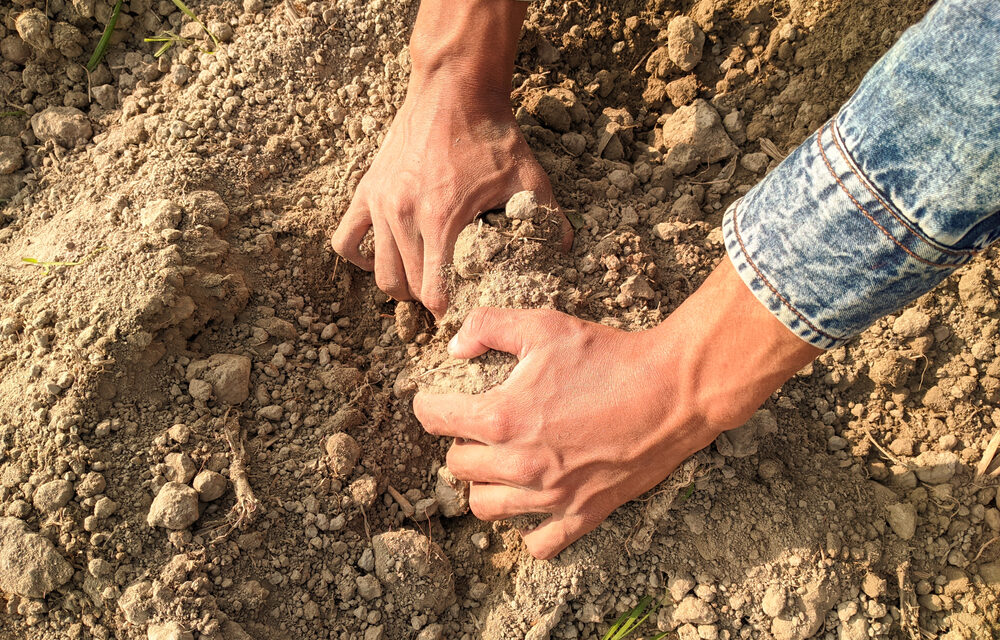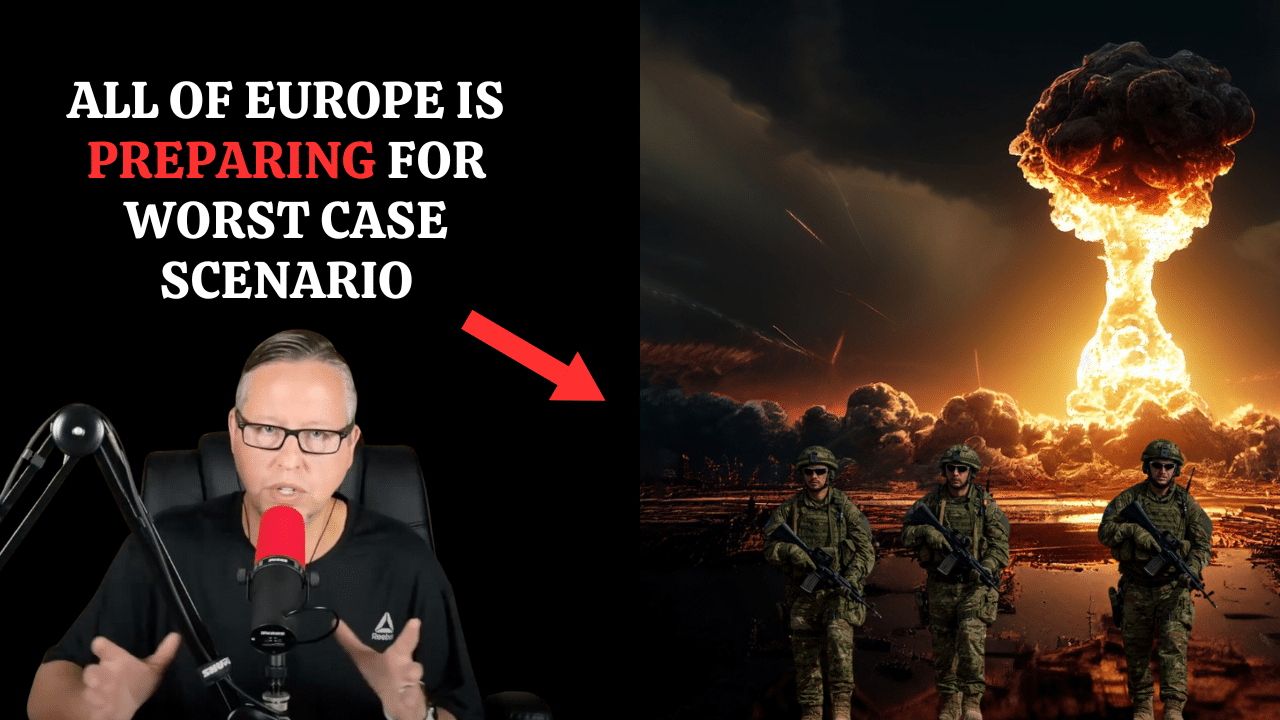For the first time ever, farmers across the world are testing the limits of how little chemical fertilizer they can apply without devastating their yields come harvest time.
According to Yahoo News, Early predictions are bleak. In Brazil, the world’s biggest soybean producer, a 20% cut in potash use could bring a 14% drop in yields, according to industry consultancy MB Agro. In Costa Rica, a coffee cooperative representing 1,200 small producers sees output falling as much as 15% next year if the farmers miss even one-third of normal application.
In West Africa, falling fertilizer use will shrink this year’s rice and corn harvest by a third, according to the International Fertilizer Development Center, a food security non-profit group. “Probably farmers will grow enough to feed themselves.
But the question is what they will have to feed the cities,” said Patrice Annequin, a senior fertilizer market specialist for IFDC based in Ivory Coast. When you add increased hunger across West Africa on top of existing risks like terrorism, “this is absolutely dangerous for many governments in our region.”
For the billions of people around the world who don’t work in agriculture, the global shortage of affordable fertilizer likely reads like a distant problem. In truth, it will leave no household unscathed. In even the least-disruptive scenario, soaring prices for synthetic nutrients will result in lower crop yields and higher grocery-store prices for everything from milk to beef to packaged foods for months or even years to come across the developed world.
And in developing economies already facing high levels of food insecurity? Lower fertilizer use risks engendering malnutrition, political unrest and, ultimately, the otherwise avoidable loss of human life.
“I’m reducing the use of fertilizer in this crop cycle. I can’t afford such stratospheric prices,” Marcelo Cudia, 61, a farmer in the Philippines’ rice-producing region of Central Luzon, said outside the patch of land he’s been cultivating for the last 13 years. About 12,000 miles away, Brazilian soybean farmer Napoleão Rutilli is facing the same tough choices. “If fertilizers are expensive, we’ll use less fertilizers. If we’ll use less, we’ll produce less,” said the second-generation farmer, 33. “Food prices will increase and everyone will suffer.”







